Last year, on Earth Day’s 50th anniversary, a survey from Kearney revealed that even amid the pandemic, consumers feel a strong and growing interest in the environment. Almost half (48%) said that the pandemic had made them more concerned about the environment, and 55% said that they were more likely to purchase environmentally-friendly products as a result of their experiences.
Beyond that, 78% said companies should be doing more to help them make choices that improve the environment, and 65% expect companies to clearly explain environmental benefits on their websites and product packaging. The largest behavioral shifts among consumers included declining plastic utensils with food orders and buying in bulk, while more than half said they were very likely to bring reusable shopping bags to stores (59%) or carry reusable mugs or bottles (57%).
Companies and businesses are taking note, and in many ways, the sustainability movement has shifted the landscape of visual marketing. In 2020, research from Getty Images showed not only that 92% of consumers across 26 countries were concerned about the planet but also that customer searches relating to people in/and the environment grew by a whopping 766%. As awareness of our climate crisis has grown, so too has the demand for photos that represent the importance of protecting our planet.
Years ago, Earth Day-themed commercial photography might have been limited to generic photos of “cupped hands holding a sprout,” but today, as we look forward to Earth Day 2021 on April 22, photographers are approaching these ideas through a fresh lens by showing what a sustainable future looks like in everyday life. For some, it’s capturing real people interacting with and taking care of the great outdoors, and for others, it’s as simple as highlighting the small choices we all make, like opting for reusable bottles, bags, and packaging over harmful plastics.
In turn, in addition to cutting out plastic straws and packaging, many brands have demonstrated their support for sustainability by using these kinds of photos in their campaigns and advertising materials. Last year, we saw Earth Day initiatives from brands across industries: Timberland marked the occasion with an open letter to nature, titled Caring Is No Longer Enough, featuring photos and videos of forests, mountains, and open fields. Hyundai encouraged people to turn their lights off for climate change awareness with the hashtag #DarkSelfieChallenge.
PepsiCo’s SodaStream announced their switch from plastic to metal bottles, while releasing an emotional video tribute to the natural world. Apple released a short film (available on Apple TV+), telling the story of a young boy learning about the planet, and the cooler company Yeti got creative by launching a video streaming service, Yeti+, which streamed footage of actual streams in landscapes around the US and Canada.
Success in commercial Licensing often boils down to anticipating image buyers’ needs before they happen, and Earth Day represents the perfect opportunity—and a powerful reminder—to schedule photoshoots and create images around the theme of sustainability and environmentalism. These kinds of sessions can take place in your own backyard while gardening with family, in a public park when volunteering with friends, or on a hike in the woods with a few other people.
Research from Getty Images emphasizes the importance of celebrating real people and telling personal, individual stories. Think locally, and capture inclusive photos from your community. Visualize new ways to show what we can all do to make a difference for the environment; focus on details and concrete steps, and document positive actions that convey a sense of hope for the future.
“The photos that are most likely to sell are often the more natural and authentic-seeming lifestyle images,” the 500px team tells us. “You can achieve this by shooting lifestyle images with sustainability-themed props, like reusable travel mugs or metal water bottles, but it can also be anything relating to nature or the environment: watering house plants, tending to a garden, using a reusable bag while shopping, picking up trash, or instilling these values and concerns within the next generation.”
When photographing these themes, get your model releases signed, and remember to add keywords to your metadata and titles that’ll help your content surface when buyers search for it. You can include phrases like “Earth Day”, “sustainable lifestyle”, “environmentally-friendly”, “eco-conscious”, “sustainable resources”, or even “community outreach”, “environmental cleanup”, or “social issues”, if they apply.
As engagement in sustainability has grown, consumers have put their money where their mouths are and altered their shopping behaviors to align with their values. In 2020, a survey of 2,000 UK and German consumers by McKinsey & Company found that 57% had already made significant changes to their lifestyles to minimize their environmental impact, with more than 60% going out of their way to recycle and purchase products in environmentally-friendly packaging. 67% see the use of sustainable materials as an important factor in purchasing products, and, in the same way, 63% consider a brand’s promotion of sustainability.
For many brands, that commitment to the environment goes far beyond lip-service. In 2018, Patagonia gave its $10 million tax cut to environmental groups. In 2019, Lush cosmetics decided to remove all eggs from their products over animal welfare concerns. In the summer of 2020, Apple committed to being 100% carbon neutral for its supply chain and products by 2030.
The first Earth Day in 1970 helped lead to the creation of the Environmental Protection Agency and the passing of the Endangered Species Act and Clean Water Act. More than fifty years later, it continues to inspire us to take action on behalf of the environment, with ever-increasing urgency.
In January of this year, a new survey from the Yale Program on Climate Change Communication and the George Mason University Center for Climate Change Communication revealed that the majority of registered voters in the US, across both parties, support initiatives to fight climate change. In February, protecting the environment and tackling climate change rose as a public priority, according to a report from Pew Research Center.
Climate change might once have been an abstract issue, but in the face of unprecedented disasters over the last year, from wildfires to hurricanes, the public is demanding concrete action from those within the government as well as the commercial sector. This is more than a moment; it’s a long overdue cultural movement that’s likely to continue to reshape our world—and the photography industry with it—for years to come.
Not on 500px yet? Click here to learn about Licensing with 500px.

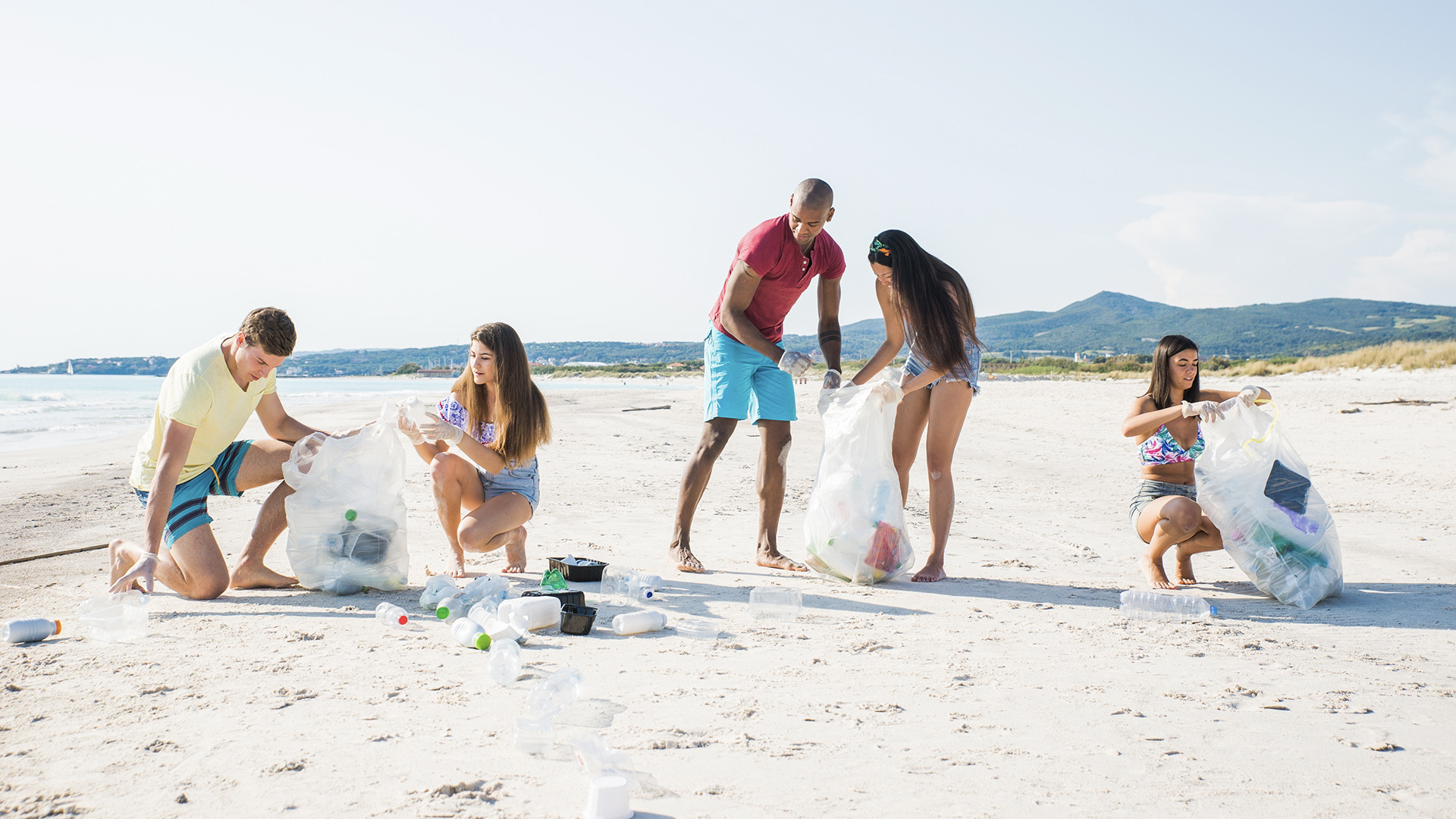
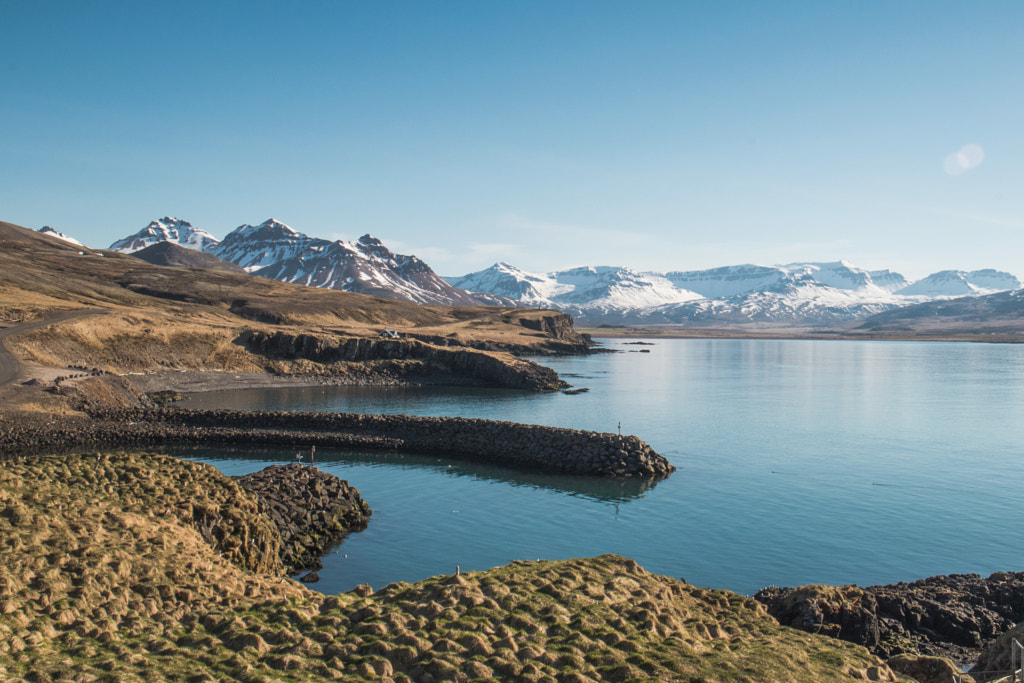




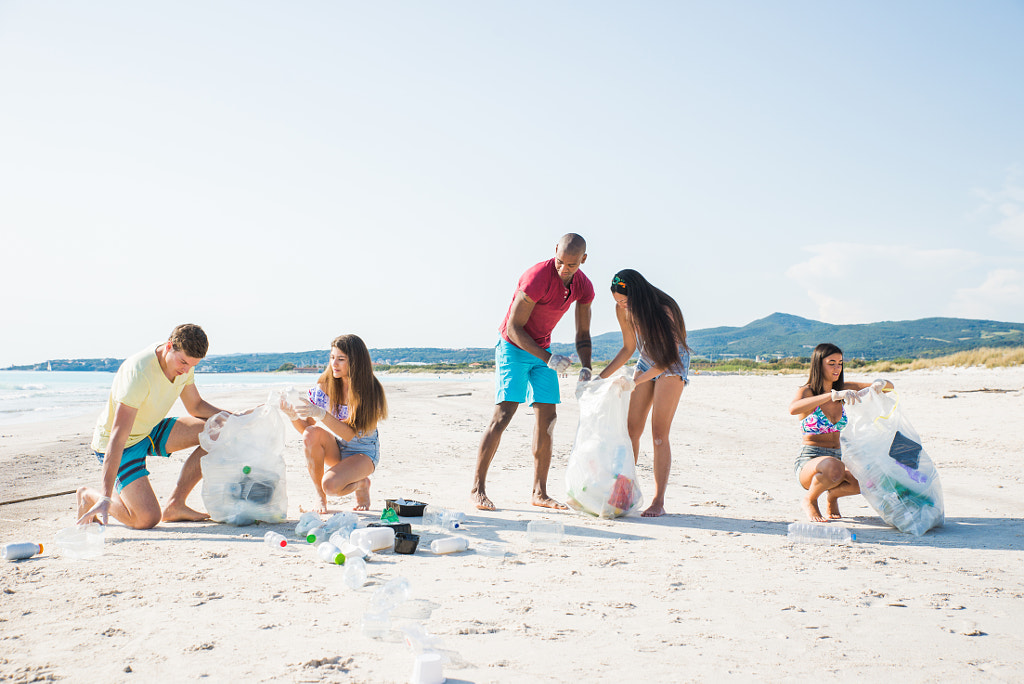

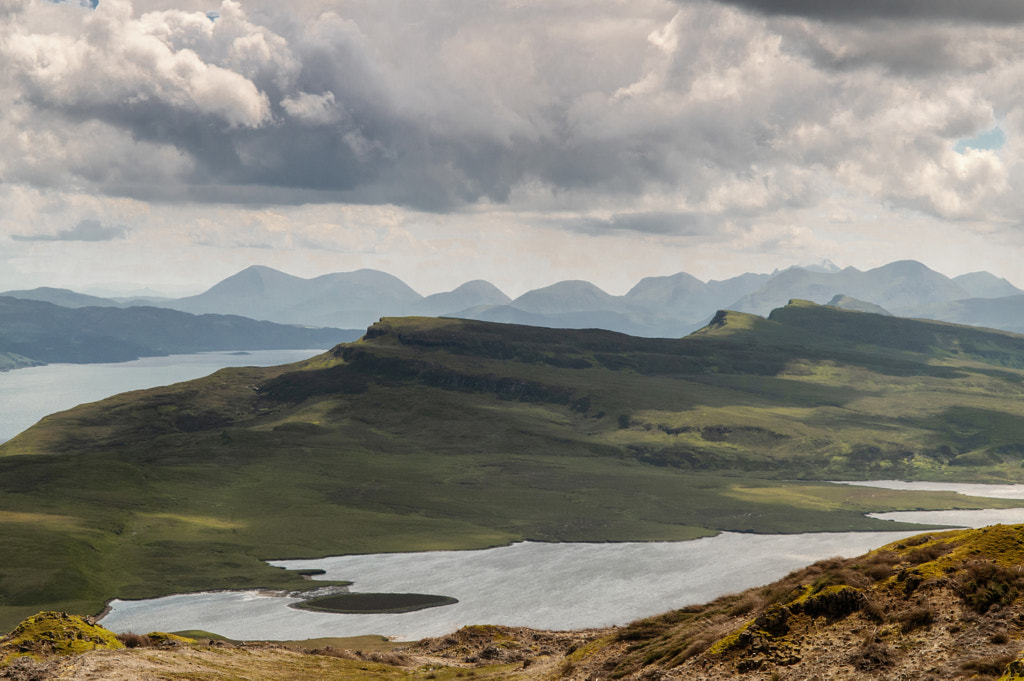



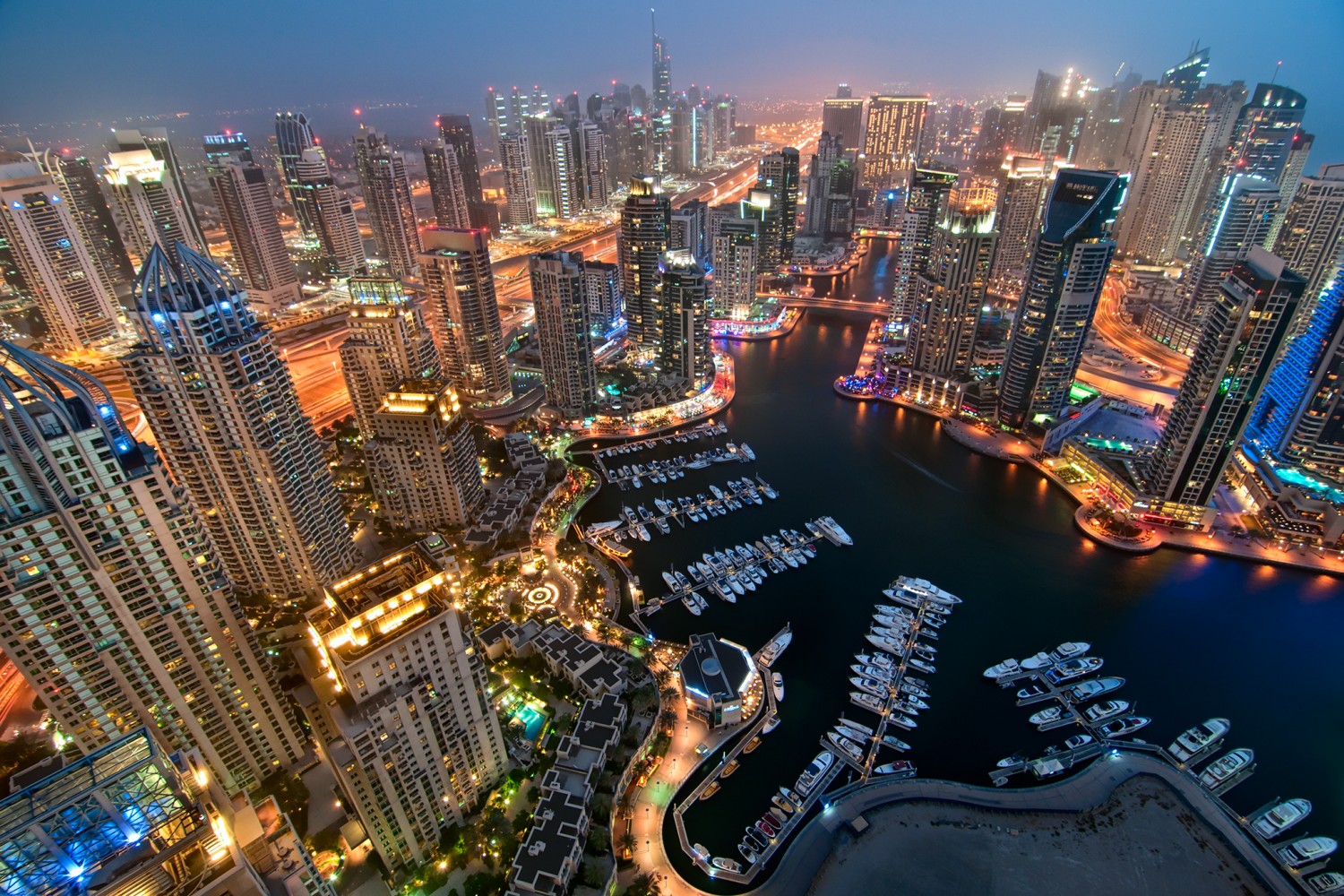

Leave a reply